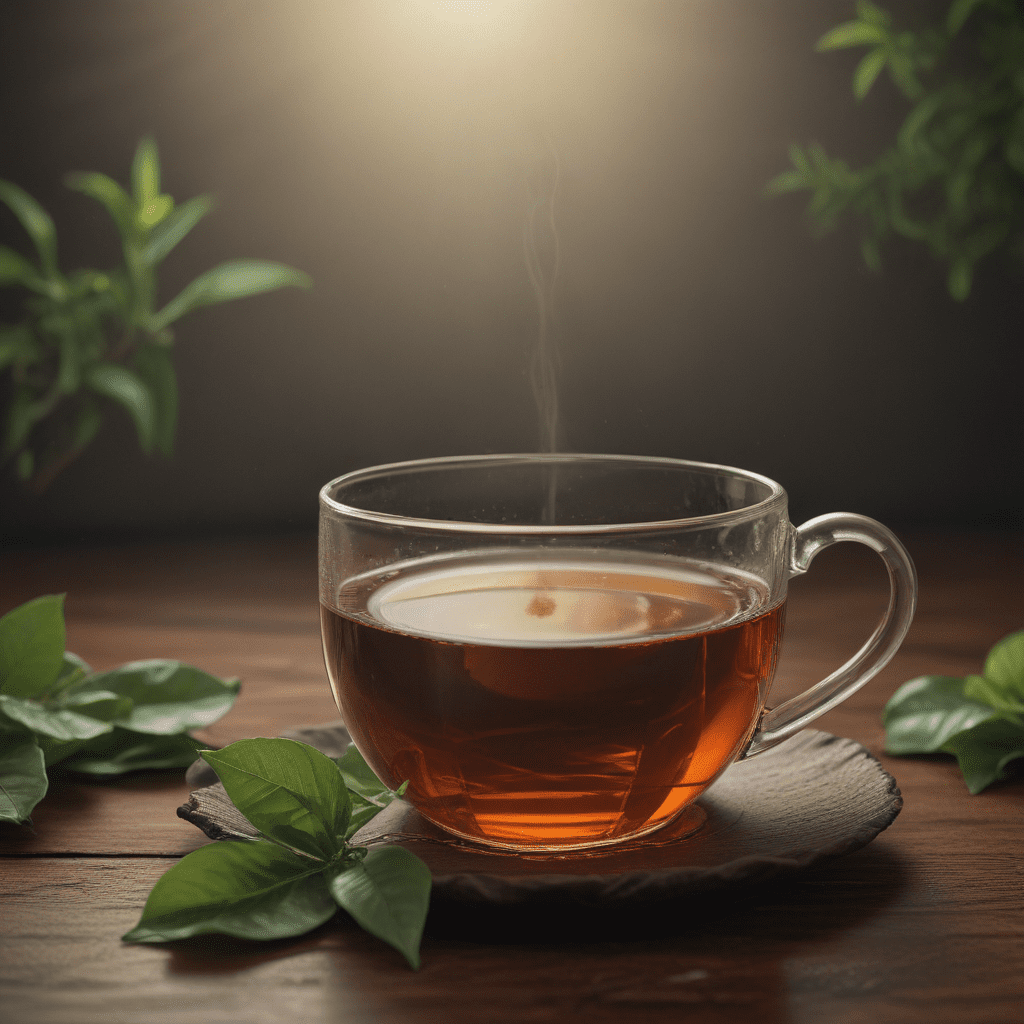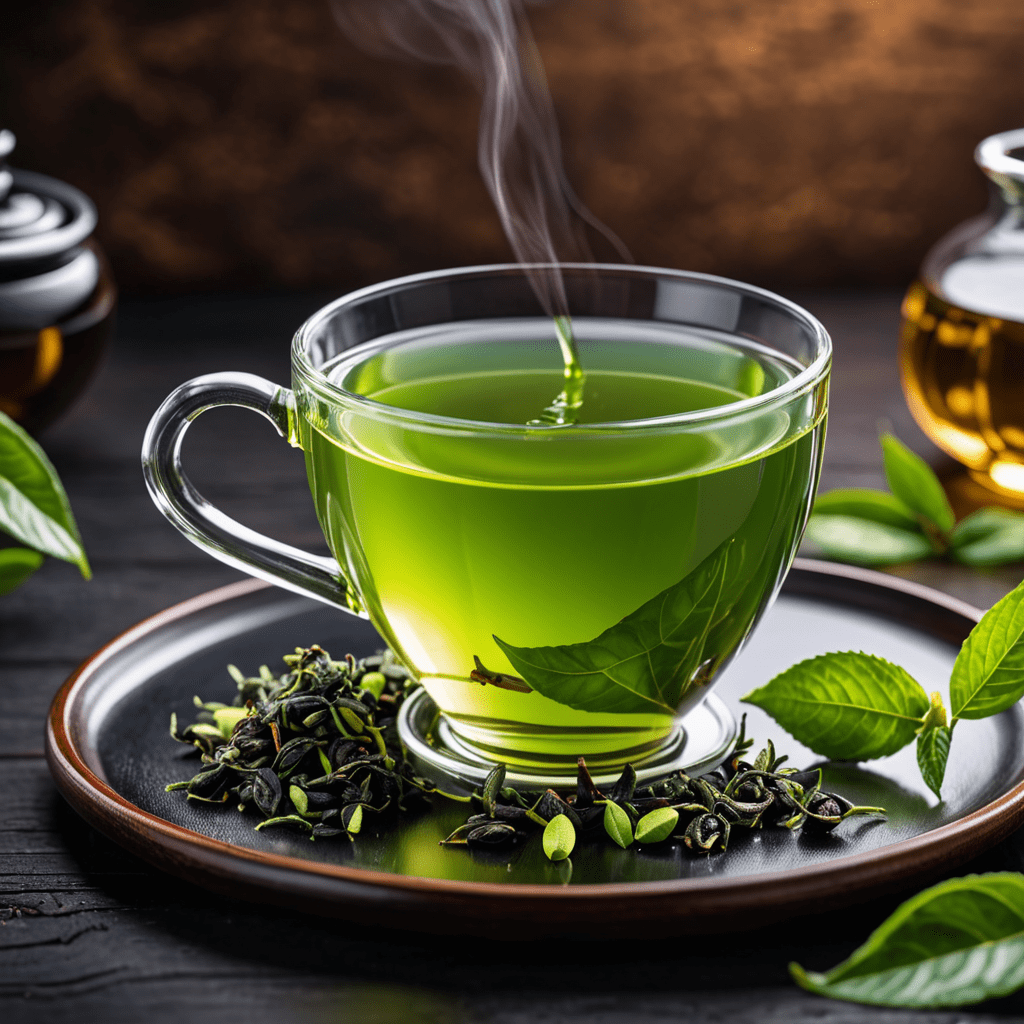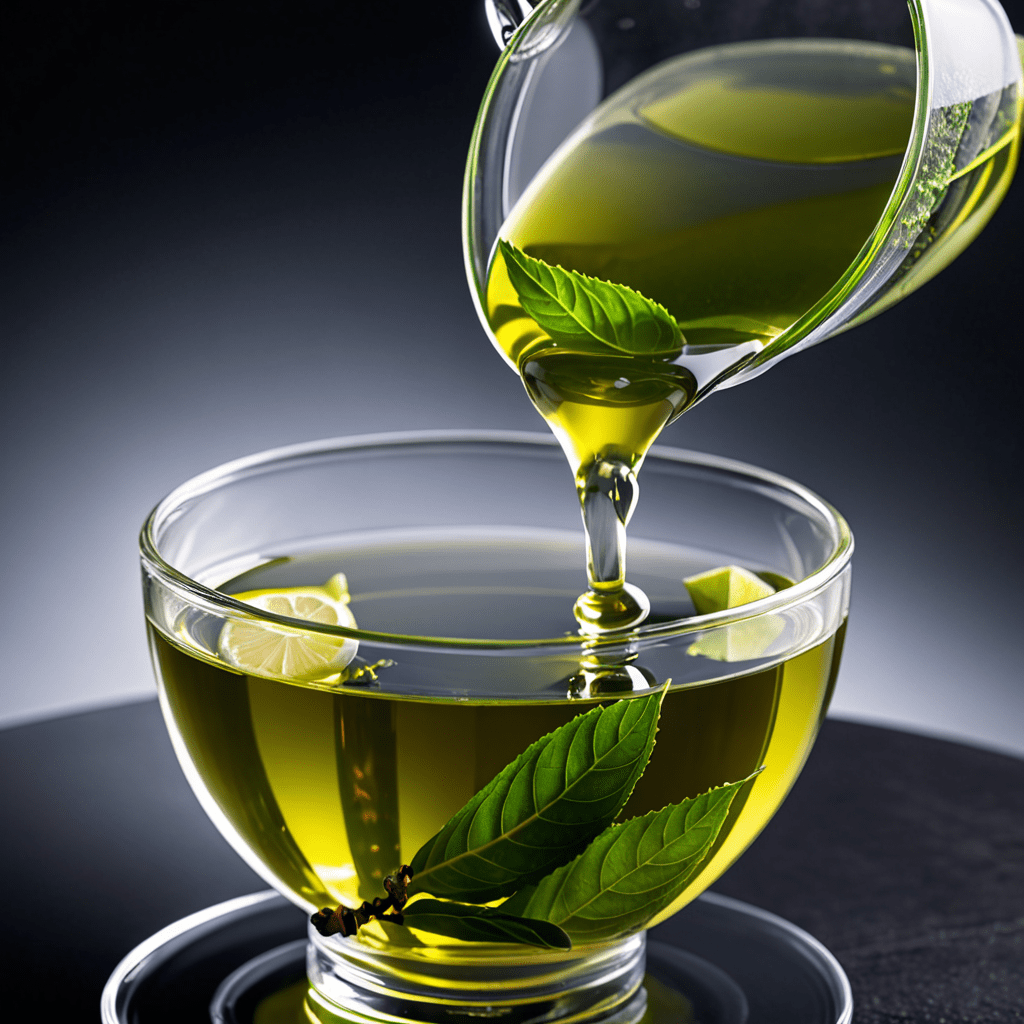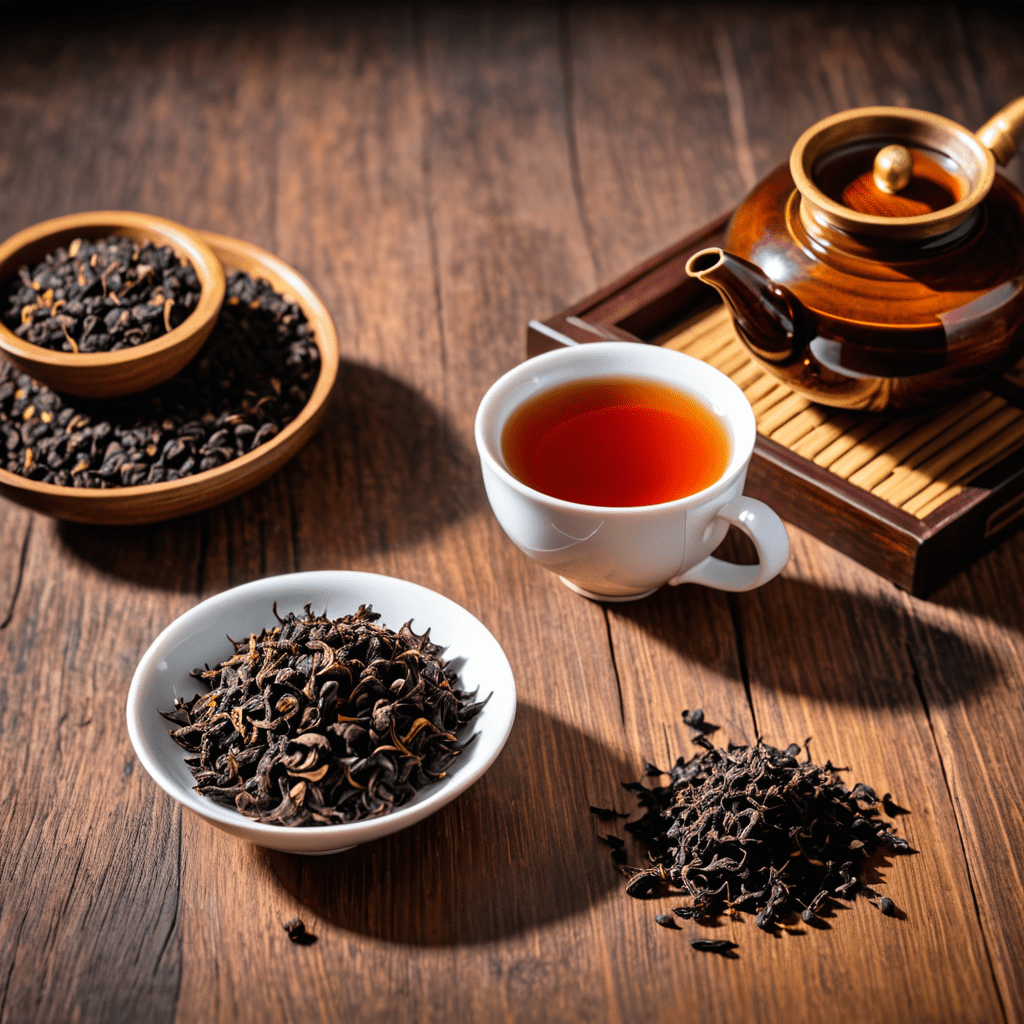Ceylon Tea and Its Influence on Tea Ceremony Practices
Introduction: The Significance of Ceylon Tea in Tea Ceremonies
Ceylon tea, renowned for its exquisite flavor and health benefits, holds a prominent place in tea ceremonies worldwide. Its unique characteristics and rich history have profoundly influenced the practices of these ancient rituals, particularly in Asia. This article explores the impact of Ceylon tea on tea ceremony traditions, examining its historical roots, distinct qualities, and its influence on the Japanese tea ceremony and other Asian tea cultures.
Historical Roots: Origins and Cultivation of Ceylon Tea
The story of Ceylon tea unfolds in the enchanting island nation of Sri Lanka, formerly known as Ceylon. Tea cultivation was introduced to the island in the 19th century by the British, who sought to establish a reliable source of tea to meet the growing demand in Europe. The fertile soils and favorable climate of Ceylon proved ideal for tea cultivation, and the industry flourished, making Ceylon one of the world's leading tea producers.
Distinct Characteristics: Flavor Profile and Health Benefits of Ceylon Tea
Ceylon tea is prized for its distinctive flavor profile, characterized by a delicate balance of briskness, astringency, and subtle sweetness. Its unique flavor is attributed to the specific terroir of the Ceylon tea-growing regions, as well as the careful processing and blending techniques employed. Ceylon tea is also renowned for its numerous health benefits. It is rich in antioxidants, flavonoids, and other compounds that have been linked to improved cardiovascular health, boosted immunity, and reduced inflammation.
The Japanese Tea Ceremony: Influence of Ceylon Tea
In Japan, Ceylon tea has exerted a significant influence on the traditional tea ceremony known as "chanoyu" or "chado." Japanese tea masters have long appreciated the unique qualities of Ceylon tea, incorporating it into their ceremonies for its exquisite flavor and compatibility with traditional Japanese tea utensils. The preparation of Ceylon tea in the Japanese tea ceremony follows specific guidelines, with an emphasis on precision, grace, and mindfulness.
Matcha and Ceylon Tea: Similarities and Contrasts
Ceylon tea shares certain similarities with matcha, a finely ground green tea used in Japanese tea ceremonies. Both teas exhibit a delicate astringency with a lingering sweetness. However, Ceylon tea is typically consumed as a whole-leaf infusion, rather than whisked as a powder like matcha. This difference in preparation methods results in distinct flavor profiles and sensory experiences, but both remain highly esteemed in their respective traditions.
Ceremonial Preparation of Ceylon Tea: Matcha-like Techniques
While Ceylon tea is traditionally brewed using conventional methods, some modern tea practitioners have adapted matcha-like techniques to its preparation for ceremonial purposes. This involves grinding the Ceylon tea leaves into a fine powder using a traditional Japanese tea grinder known as a "chasen." The powdered Ceylon tea is then whisked in a bowl with hot water, creating a smooth and flavorful beverage reminiscent of matcha.
Unique Aromatherapy and Mindfulness Aspects
Beyond its flavor, Ceylon tea offers unique aromatherapy qualities that enhance the mindfulness and meditative aspects of tea ceremonies. The delicate floral and citrus notes in Ceylon tea are not only pleasing to the palate but also stimulate the olfactory senses, creating a relaxing and rejuvenating environment. The act of preparing and consuming Ceylon tea in a ceremonial setting fosters a sense of tranquility and inner peace.
Ceylon Tea in Other Asian Tea Ceremonies: China, Korea, and Taiwan
The influence of Ceylon tea extends beyond Japan to other tea-drinking cultures in Asia. In China, Ceylon tea is often blended with local teas to create unique and flavorful concoctions. In Korea, Ceylon tea has found a place in the traditional tea ceremony known as "darye." Similarly, in Taiwan, Ceylon tea is incorporated into tea ceremonies and is particularly enjoyed for its refreshing and revitalizing qualities.



